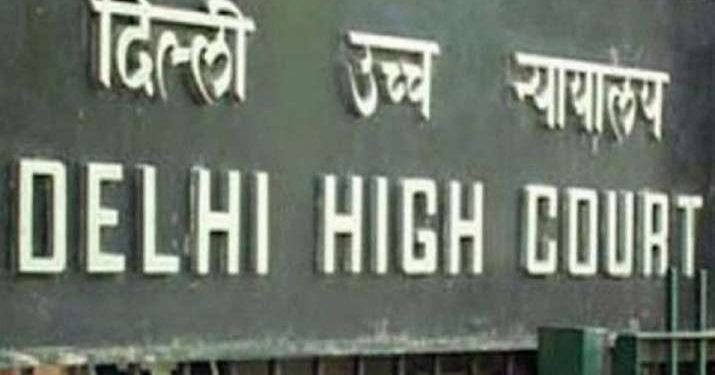New Delhi: The Delhi High Court said that a divorce separates married couples, who lose their identity as husband and wife and even if the divorce is ex parte, either party may lawfully remarry if no appeal is filed within the allotted time.
A division bench of Justices Sanjeev Sachdeva and Vikas Mahajan observed it while considering a petition filed by a woman who contested a 2003 divorce order by a lower court in her absence based on her then-husband’s plea, who has since re-married.
On the grounds that she was unaware of the proceedings, the petitioner initially unsuccessfully challenged the divorce before an additional district judge 18 months after the date of the order.
The former husband opposed the petition against the district judge’s order before the high court, stating that he had remarried 17 months after the ex parte order and that he now has two children from that second marriage.
The bench observed as per section 15 of the Hindu Marriage Act, a divorced Hindu couple becomes “competent to contract another marriage” in the absence of a duly filed appeal. Since in the present case, no appeal was preferred within the period of limitation, there was no merit in the petition.
“It is trite that the dissolution of marriage is complete once the decree is made. A decree of divorce breaks the marital tie and the parties forfeit the status of husband and wife in relation to each other,” the bench said.
“In law, the effect of ex parte decree of divorce is not different from a contested one. Therefore, in case of an ex parte decree of divorce also it shall be lawful for either party to the marriage to marry again if no appeal is filed against such decree within the period of limitation,” the court added.
According to the court, the petitioner was legally served with summons related to the divorce proceedings, and the former husband did not commit any fraud.
“The application under Order 9 Rule 13 CPC (plea to set aside ex parte decrees) was also filed after seventeen months from the date of ex parte decree as against limitation period of thirty days from the date of decree as provided under Article 123 of the Limitation Act, despite the appellant having been duly served with summons,” the bench said
“This being the position, an application under Order 9 Rule 13 CPC filed by the appellant a day after the second marriage was solemnized by the respondent-husband, was infructuous for all practical purposes, from the very inception. So is the present appeal,” it added.
IANS






































